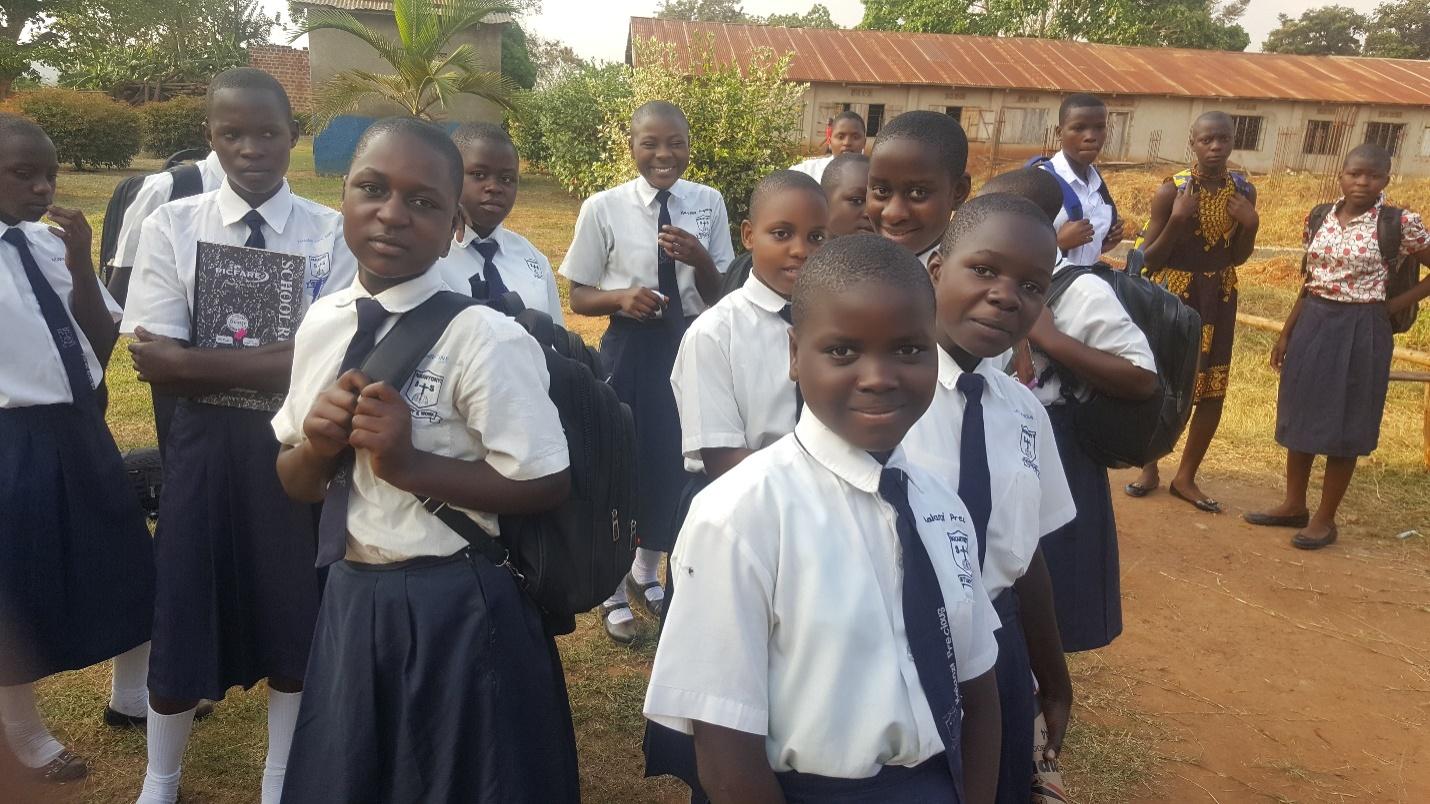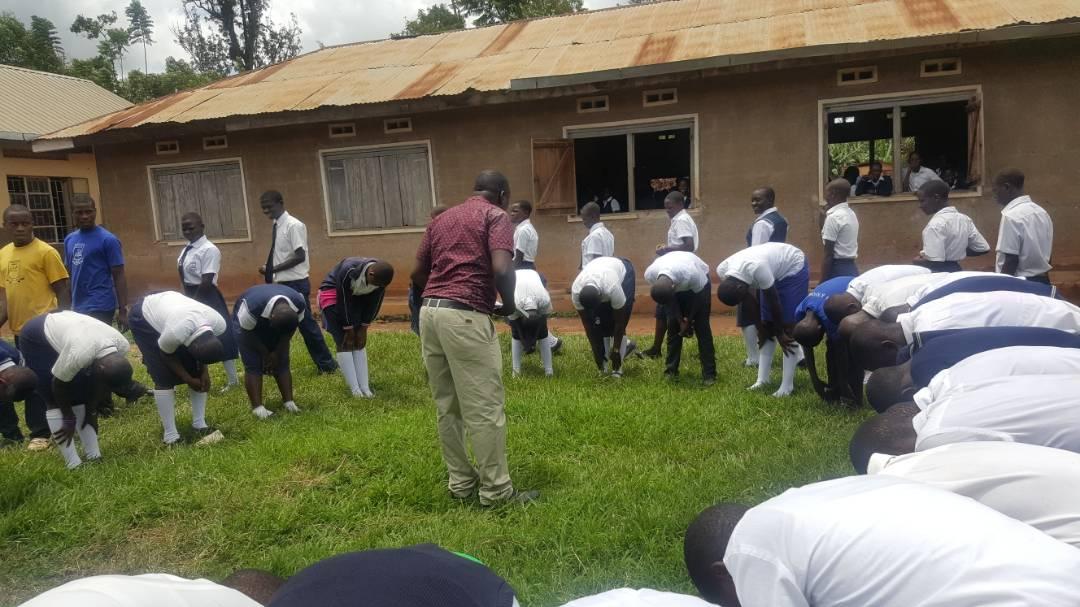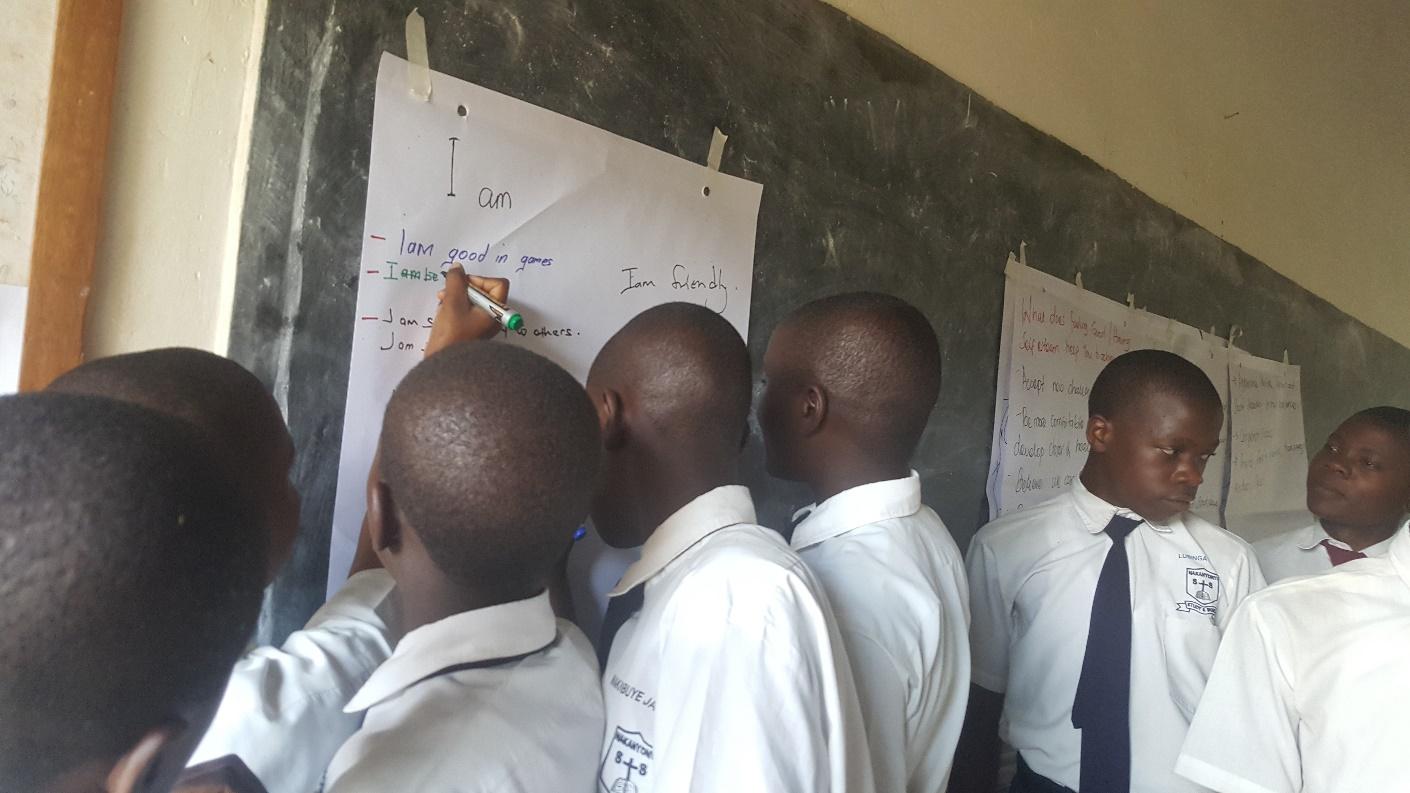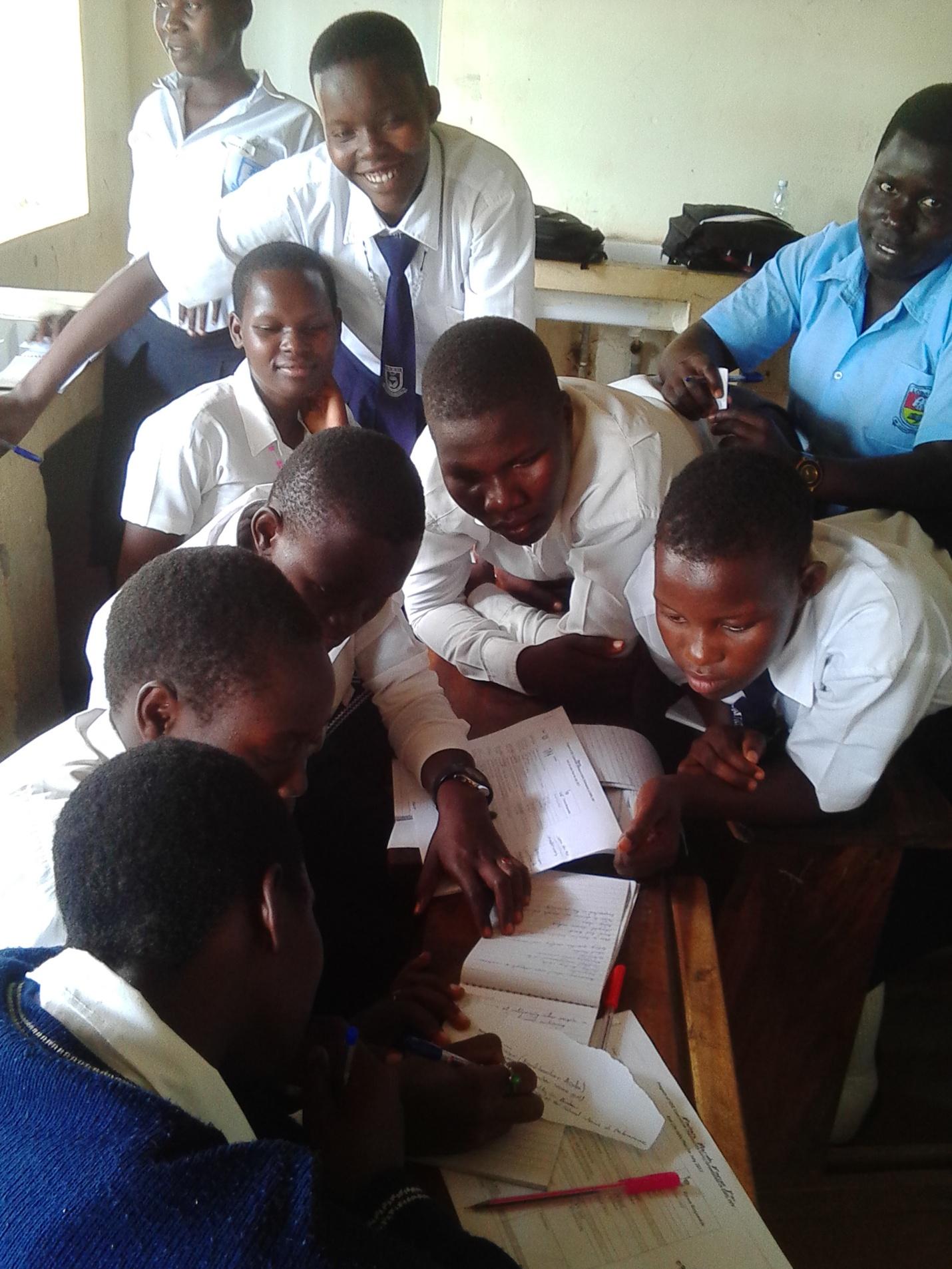Life skills

Life skills have been defined by World Health Organization as "abilities for adaptive and positive behavior that enables individuals to deal effectively with the demands and challenges of everyday life". Life skills can be viewed indifferent dimensions including:
- practical skills
- physical skills
- skills related to behavior and attitude towards self or others. Students constantly interact with other people, their inner selves and the environment as a whole. As children transition from adolescents to adults they need to acquire knowledge, understanding, skills, values and attitudes that will enable them to handle themselves and their environment successfully.
Our traditional education approach attempted to prepare the person holistically to be able to live in harmony and effectively with others. The schools and teachers also assume that life skills, good behaviors and attitudes were to be imparted by the family and community as it was in the past. However, our traditional methods have broken down leaving the young people more vulnerable. The current formal education system has largely focused and prioritized academic knowledge at the expense of other aspects of a person’s growth. Programs that build self-esteem and address reproductive health issues support young people to develop resilience and make informed decisions. These empower young people to challenge negative social norms and violent situations in their environment.


